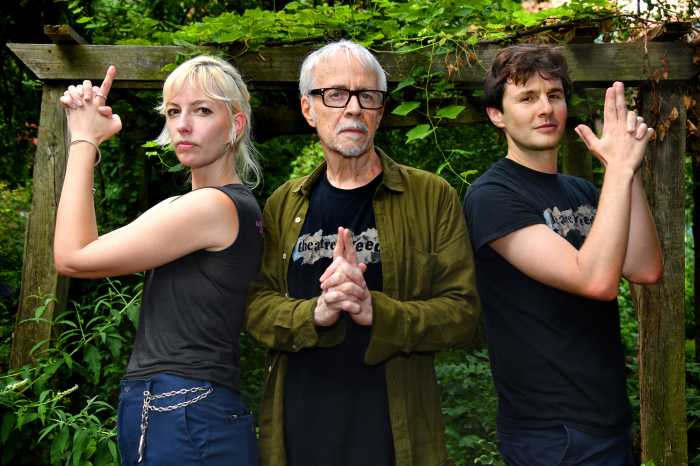Tensions boiled over at last Thursday’s Community Board 2 meeting on the issue of whether to create a Hudson Sq. Business Improvement District. Two board members with interests in the proposed district, David Reck, a resident, and Lisa LaFrieda, a meat business owner, are on opposing sides of the issue, with Reck a leading advocate for the BID and LaFrieda against it. LaFrieda says she’s received up to 50 letters from local property owners claiming they were not notified of the plan.
BIDs can be a valuable asset to a neighborhood. In return for a special tax assessment overseen by the city, they offer services to supplement those provided by city agencies, such as sanitation and security. BIDs promote the neighborhood and its businesses, and often get involved in trying to attract businesses.
At least 51 percent of property owners representing at least 51 percent of the district’s assessed property value must be in favor for the city to approve the district’s formation.
Some BIDs have run into trouble, such as the Grand Central Partnership, which was found guilty of using “goons” — former homeless persons — to harass the homeless out of ATM vestibules and keep them from sleeping on the streets. However, for the most part, BIDs have proven successful. Locally, the Village Alliance business improvement district, for example, advocated for and recently successfully completed the needed widening of Eighth St.’s sidewalks, and the Union Sq. Partnership as one of the city’s premiere BIDs has played a key role in the square’s and 14 St.’s ongoing revival.
Yet, in the case of the Hudson Sq. BID proposal, there have been some matters of concern in the process so far. First of all, it’s become apparent not all property owners in the area were notified of the idea. The building in which The Villager is located, for instance, is in the proposed district, yet none of the owners of its 18 condominium units or the property manager were notified. In fact, as The Villager’s reporting previously uncovered, only about 20 percent of local property owners apparently were notified.
The lack of notification raises the question of whether this BID is being railroaded through by big property owners, such as Trinity Real Estate, without notifying small property owners. Under city regulations, that is not the legal way the process is supposed to work.
We think Jim Smith, Board 2’s chairperson, is taking the right approach in calling for LaFrieda to reveal her opposition letters and Reck to show his evidence in support of the BID. However, there should have been a presentation by Trinity or other BID backers to C.B. 2’s full board before its November vote. Martin Tessler, the board’s Institutions Committee chairperson, admits he was remiss not to have called a public hearing; it certainly wouldn’t hurt to have one now that the issue has become so contentious.
Ultimately, though, it is the property owners who legally have the right to decide whether to support a BID, since they would be funding it. To date, it seems the process has been rammed through Board 2, while property owners — as in ALL property owners — haven’t been allowed their say.




































